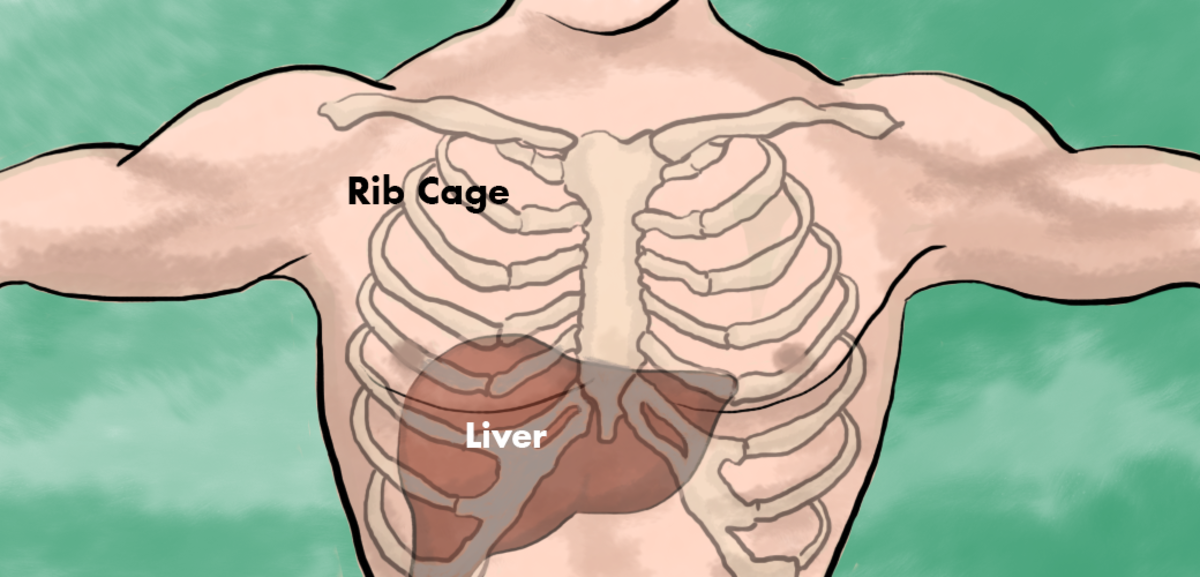What to do when your loved one is in the hospital?
How to obtain correct information and how to use it
Well, it has been some time since I wrote, but this issue has come to me personally. An accident happened to my wife at a store. I was not there and had to understand what happened from a phone call. Sounds nerve racking, and more so when they ask, “Should we call an ambulance?” People give you a description, sight unseen, and you need to make decisions or just feel better that the person is getting the needed care at that time. Still, it happens every day, people need to make uninformed decisions about a loved one’s health and that stresses the person out.
So, how do you get correct information about a loved one in a hospital? First, let me side track, just a little here. Do you or your loved ones get a yearly check up from the doctor? Most insurances theses days offer well visits free of charge, and most people do not use them. Why, I heard someone tell me they would not go to the doctors because they may find something. Is it not better to find something earlier, then too late? Another reason I heard is they cannot afford to go to the doctor’s, because they need cannot take time off or use up the gas it takes to get there. Some say it is too hard to find a ride. Does not your health mean more than a tank of gas or a day off? Your health is the most important thing here on earth, act like it is. Alright, I am done here about checkups.
How do you find correct and accurate information about the health of your loved one? First, the place not seek out that information is the Internet. It is amazing how simple symptoms can lead to such disastrous health conditions. If you do not know what symptom path to follow or how to accurately discern a disease process, then do not try. This will lead to sleepless nights and anxiety. If you have a path to study, then by all means research. If you have a list of random symptoms, do not look on the internet for advice, even medical sites can misguide you.
So, now what, the nurses and doctors are too busy. The internet was my only source you think. Not really. The nurses and doctors are busy, but take advantage when they enter the hospital room or call you with an update. Be succinct please! Asking questions such as, “How is his\she today,” “When is discharge,” or “Did he\she sleep ok or in any pain when I left,” will give you general answers with no satisfaction. They are important aspects of hospitalization, but not real value when it comes to getting answers, specific answers.
When the doctor comes into the hospital room, ask him\her, “What is the disease process or diagnosis we are exploring this hospitalization and how can we prevent hospitalizations in the future?” These questions are quick and give you true insight into the condition of your loved one. Cautiously you can even research the answers on the internet and the next time bring what you deem informative to the doctor and see what he\she says about it. Take notes on the answers to the questions about preventing future hospitalizations. If you can prevent hospitalizations for your loved one, you can save money, reduce stress, and have a better quality of life for you and the loved one. Think preventative measures!
Now with the nurse, ask her/him for information about the patient portal (or something similar). Most hospitals have a way to obtain part of the medical record from the convenience of a personal computer. Then you can take those results and cautiously seek some information from the internet. Seek logically please. You can also ask the nurse your loved one’s vital signs for their shift, if they know when the doctor is coming, what tests are scheduled today and why, pain management, and how each of the medications he\she is taking function. Now, do not ask all of this the first time you see the nurse, spread it out, you will get more information that way. You could even get the list of his\her medications and research them yourself. Be confident when asking. Do not mumble or whisper, act like you want to know, not just like you wish to know. A patient advocate is only as good as the knowledge they have.
Basically, be prepared for doctor and nurse encounters at all times while the loved one is in the hospital. If you have family and friends in the medical community, ask them too. Do not research random symptoms on the internet, get a basis and work from that. After the hospitalization, work on preventing another one, if possible. Make sure the person gets to the follow up visits and tests, and takes the medication as directed by the doctor. Also, do not be afraid of calling the doctor and asking questions. I would strongly recommend the questions are succinct and not long winded. If you want a direct answer, ask a direct question! Do not be afraid to ask, and stay away from general questions with vague symptoms.
Well, that is it for now, with this blog, I hope it helps. What trials have you faced while a loved one was in the hospital in regards to getting answers about their health?








